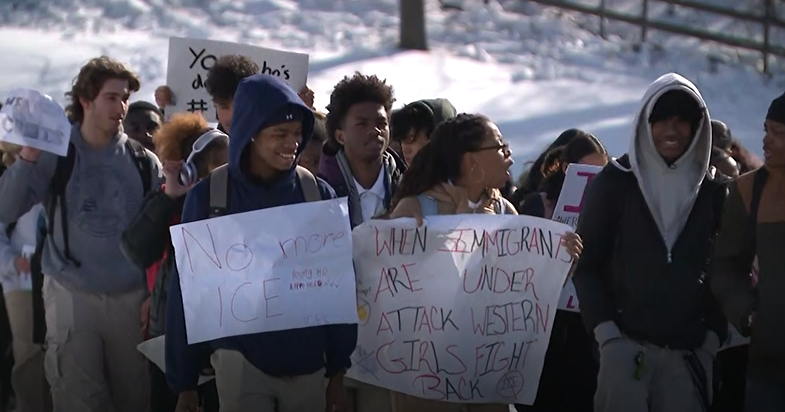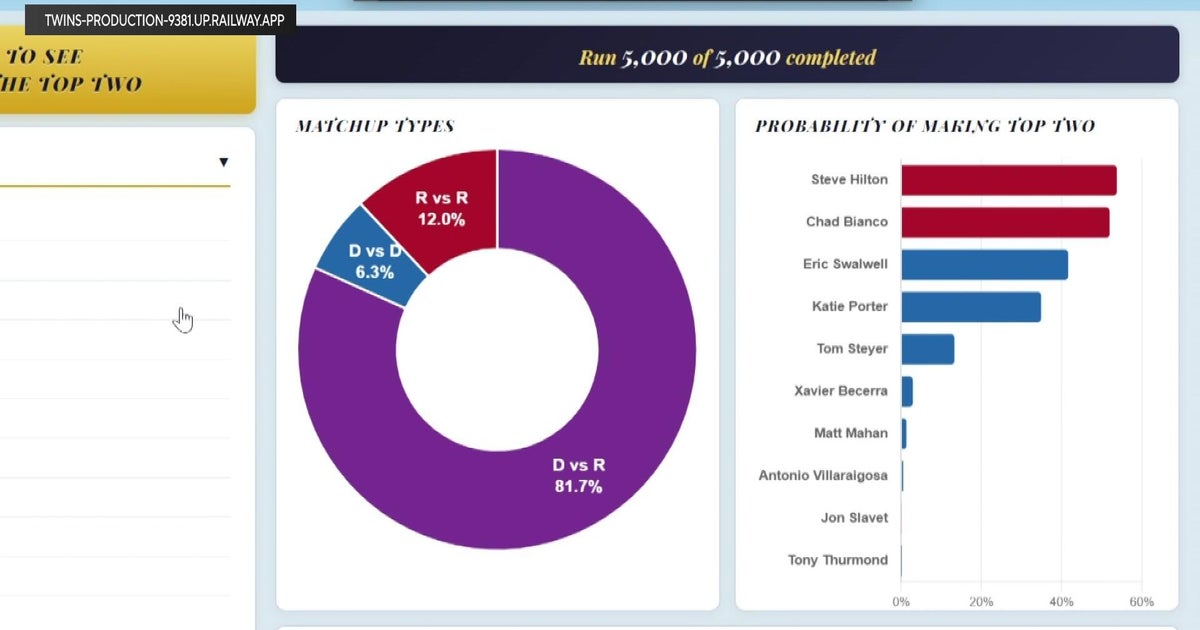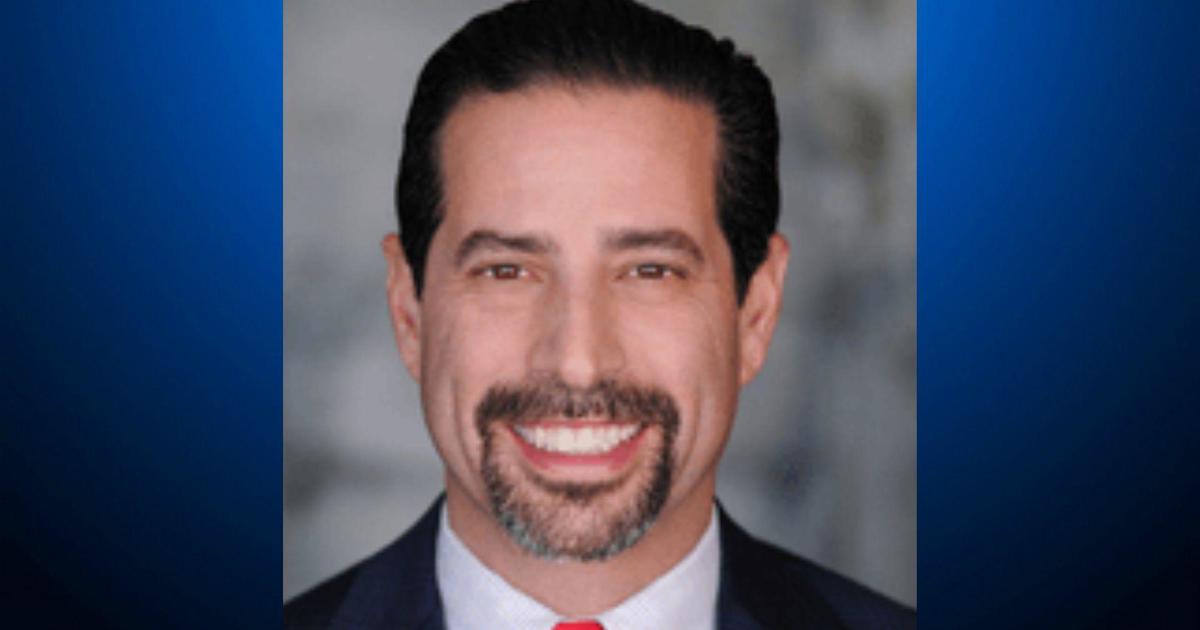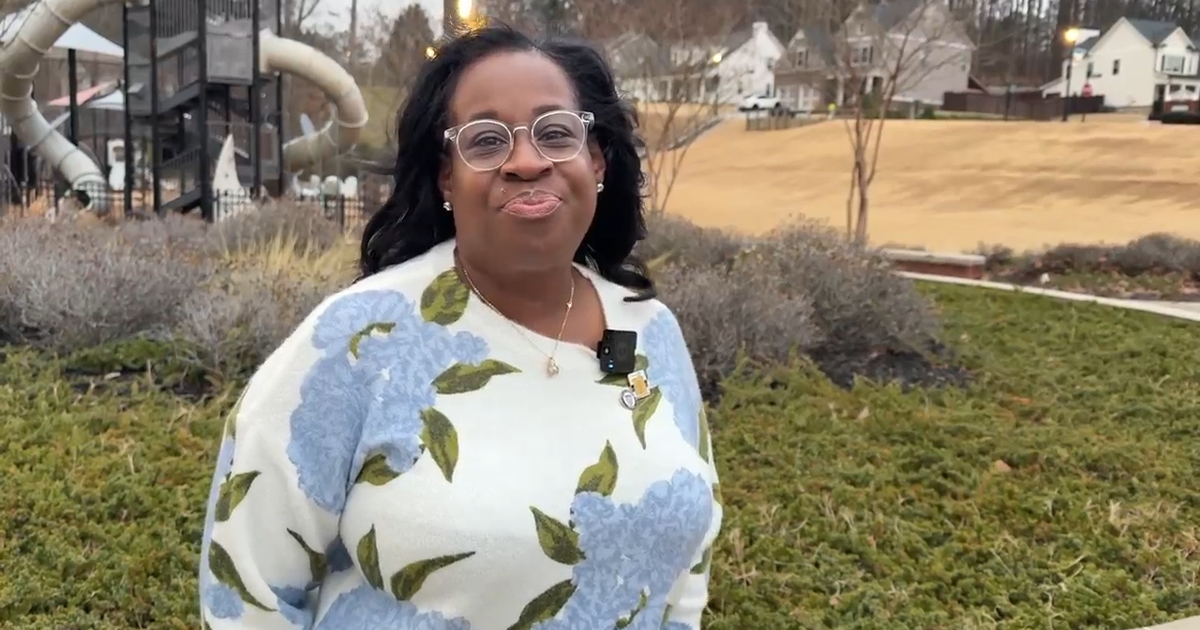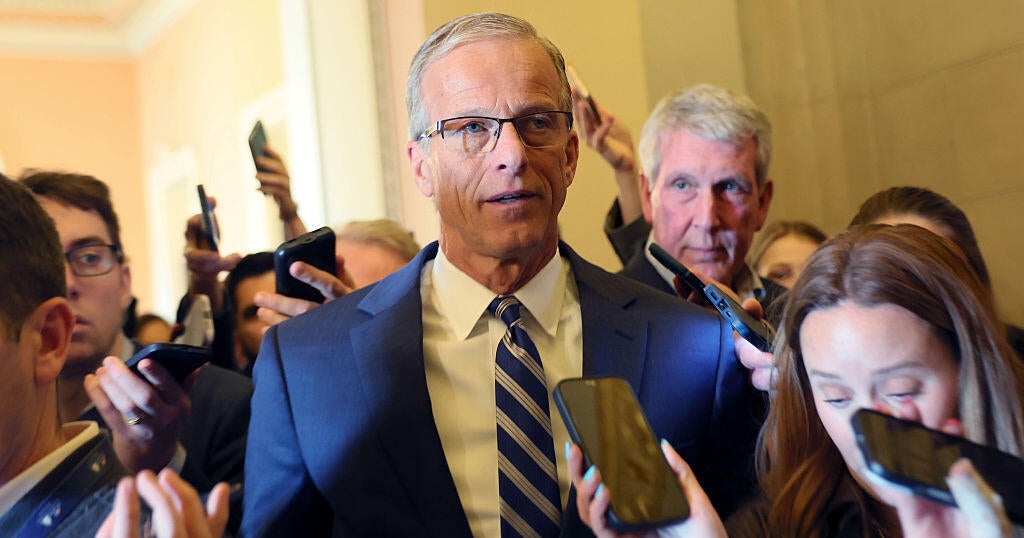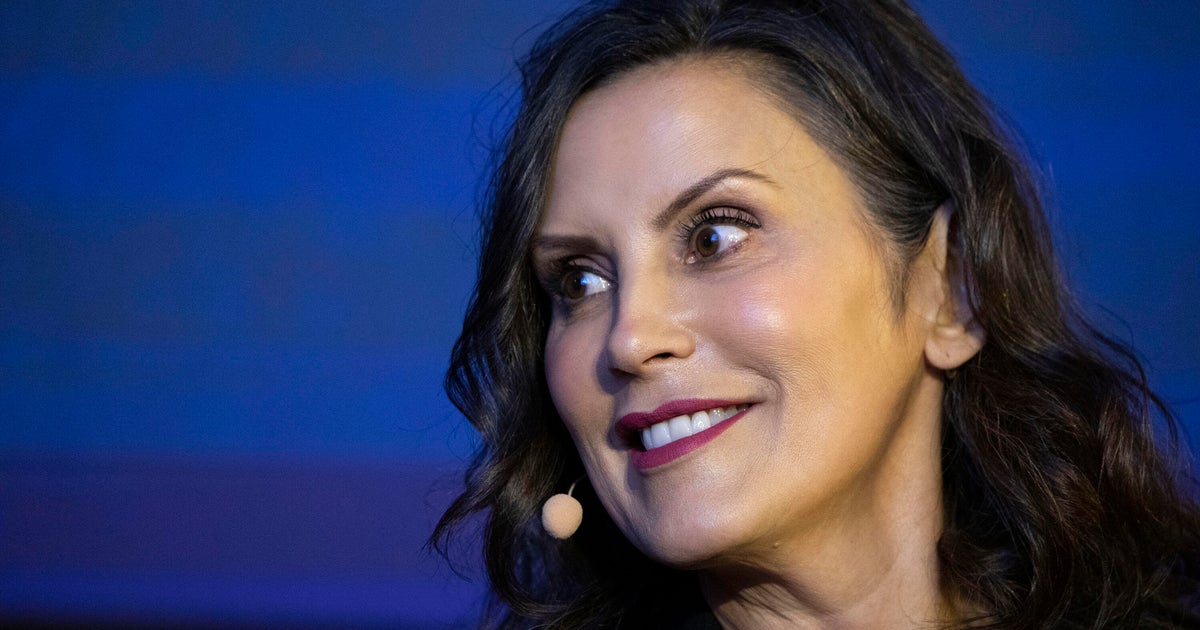New Md. governor pledges to help Baltimore reduce violence
BALTIMORE (AP) — Maryland Gov. Wes Moore, who took office last month, has pledged to work closely with Baltimore leaders to reduce gun violence by addressing the complex social forces underlying the city's longstanding struggle to improve public safety.
His approach comes in stark contrast to his predecessor, Republican Larry Hogan, who often accused Democratic city officials of being soft on crime.
Moore, Maryland's first Black governor, joined Baltimore's mayor and newly elected local and statewide prosecutors Friday for a public safety summit at Morgan State University in Baltimore, where the group of Democrats presented a united front, saying they want to move beyond a sometimes "disjointed" approach of past administrations.
"There is no silver bullet," Mayor Brandon Scott said. "We have to work on it consistently, every day — all of us, for the long haul."
They committed to finally bringing down Baltimore's homicide rate, which remains among the highest in the nation. The city recently recorded over 300 annual homicides for the eighth year running, amid a surge in violence in the wake of Freddie Gray's 2015 death in Baltimore police custody.
"Baltimore does have a distinct challenge," Moore said. He promised his administration will partner with city officials while acknowledging that public safety is a major concern in many communities across the state.
He touted the importance of criminal justice reform that "allows second chances to mean something."
Officials also called for law enforcement and prosecutorial efforts to get more illegal guns off the streets and hold people accountable for illegal possession, while making a continued commitment to police reform. They also called for investment in programs and services that give disadvantaged youth a better chance at success.
The show of unity came in stark contrast to the contentious and largely dysfunctional relationships that had developed in recent years. Hogan often publicly criticized Baltimore's elected leaders, including Scott, whose approach to curbing crime became a long-simmering point of contention between them.
During the discussion Friday, Scott reiterated his philosophy that police alone can't significantly reduce violence because the problem is bigger than law enforcement. He mentioned redlining, segregation, childhood poverty, educational inequities and other environmental factors that have placed many Baltimore communities on a path to decline.
Baltimore's new top prosecutor, State's Attorney Ivan Bates, noted the importance of representation among elected officials working to improve the criminal justice system.
"When you look at the leadership that is up here, it's Black men," Bates said from the stage at Morgan State. "We're going to work together, listen to one another and listen to you, the citizens."
(© Copyright 2022 The Associated Press. All Rights Reserved. This material may not be published, broadcast, rewritten or redistributed.)
